Before I became a game reviewer, an investigative reporter, and an all-around troublemaker, I was an award-nominated game designer who put stories in video games. Alas, that didn’t pay very well or consistently. So, as I ran out of my parents’ healthcare, I moseyed over to this website thinking I might give this “blogging” thing a shot. After all, as a freelancer I’d managed to trick no fewer than two Kotaku EICs into believing that I could write, and I did know how to put some words together. How hard could actually working here possibly be?
Nearly two years later, I have no choice but to laugh. And cry a little bit. But mostly laugh.
Today will be my last day at Kotaku. Soon, you all will be free of my diabolical takes about how Stray is an embarrassment of orientalist tropes, or how One Piece is clearly a leftist text that should be taught in socialist book clubs everywhere. I’ll no longer be here writing about Candy Crush moms and how game developers are affected by real-world political issues. Or how video game studios too often treat employees who generate their massive profits.
No matter what legacy media executives think about covering our massive ecosystem, there are so many incredible and important stories about video games that are happening every day. You just need smart and motivated people who know where to look. Despite the horrible things that are constantly happening in the community, there’s a big beautiful world out there. I just wish that I got to chronicle it all. When I arrived at Kotaku, I wanted to make readers more curious about things they assumed they knew. I wrote stories about the biggest franchise that gamers have never heard of. I interviewed whales about their spending habits. I actually played the mobile games with terrifying social media ads. Never settle for what you already know about gaming, y’all. Always keep running towards the horizon.
Despite the confidence I project on here out of necessity, it’s hard to feel like the smartest person in the room when I work with the smartest nerds in the industry, and we’re subject to some of the harshest criticism. Of course, public outrage is part of the prestige: Readers are vocal because they take video games, and our website about them, seriously. While my reported features demanded a ton of persistence, the hardest part of being a Kotaku writer was simply showing up every single day and being held to the highest standards in gaming journalism. I think most people would have buckled under the pressure. We turned it into diamonds. And we did it again, and again, and again.
Now, I realize that every single blog is a miracle. Yes, even the ones about Animal Crossing porn or the surgeon who allegedly fought a console war in the middle of an operation. Nonetheless, I fought for readers and I fought for my colleagues. While the New York Times battled progressives over whether or not transphobia is a legitimate stance, I was an openly nonbinary and Chinese reporter in a country where it’s increasingly dangerous to be any single one of those things. I did my time in the culture war, and it’s someone else’s fight now. Godspeed.
Just kidding. See, one of the curious things that happens to people who work at this website is that they start to care an absurd amount about journalism. The industry is moving in a direction where corporations and influencers are shaping how games are being talked about, rather than writers bound to a professional ethics code. Corporate fuckshit continues with alarming regularity. Layoffs have hit or shuttered multiple gaming news outlets over the past year. Yes, reporting on games is more important than ever, but it seems that, right when we need it most, fewer opportunities exist compared to when I first started writing.
I don’t know how to fix any of it right now. There’s no band-aid solution to the problems that plague digital media, which extend far beyond the gaming realm. But I know that what doesn’t help is when gamers decide that their favorite brands and influencers ought to monopolize the narrative on why video games are important. Gaming is not mainly a relationship between product and consumer. Games are art, community, and politics. Gameplay allows us a mirror into ourselves, provides a vessel for our collective apocalyptic grief, and forces us into delightful contradictions. Please find your own reasons to value video games, rather than doggedly adhering to corporate and parasocial loyalties. Otherwise, the culture will become truly and irredeemably rotten. One day, games journalism as a whole will make its comeback. I’m just hoping the good parts of gaming culture will still be intact by then.
Okay, enough doom and gloom. Despite working one of the hardest jobs in the entire industry, I had some truly baller opportunities here. In between writing “The News,” I got to interview developers from outside of North America/Western Europe/Japan. I talked to people who played games nearly every single day, but didn’t consider themselves to be “gamers.” I got game makers to give us the no-bullshit view into AI automation in gaming. I didn’t need a gaming company to give me the go-ahead. All it takes is the instinct to go “Oh, really?” when a claim goes against personal truth.
I’m near the end of my writing time, and I just realized that I need to talk about my colleagues. I forgot to talk about the time I tried to convince Jalopnik’s Steve to not to run over his colleague for automobile science. Or the countless times that Ethan walked me through investigating companies’ dirty laundry despite how terrifying it was at the time for a baby reporter. Or when I was losing steam for a blog idea, but one of Isaiah’s inspired Photoshops sent me flying to my Google Docs. I should talk about all the times that Ari was my Emotional Support White Guy, but that might give him an even more swollen head than he currently has. Carolyn, you absolutely spoiled me for review editing. Thanks for never allowing me to have fewer than 5-10 thoughts for anything that I wanted to say about a video game. Alyssa! Alyssa, Alyssa, Alyssa. You are probably the most chaotic goblin I’ve ever worked with anywhere, and I hope that energy never leaves you. Thank you for saying yes to my most diabolical ideas, and sorry that you were forced to edit them. Patricia, thank you for hiring me and going to bat for my stories. Sorry about the times I went into your office and pretended that I was in charge of Kotaku.
And to my readers: Thank you so much for giving your time to my silly little articles. Stay curious, and don’t let gaming culture go to shit while I’m out. Smell ya later.

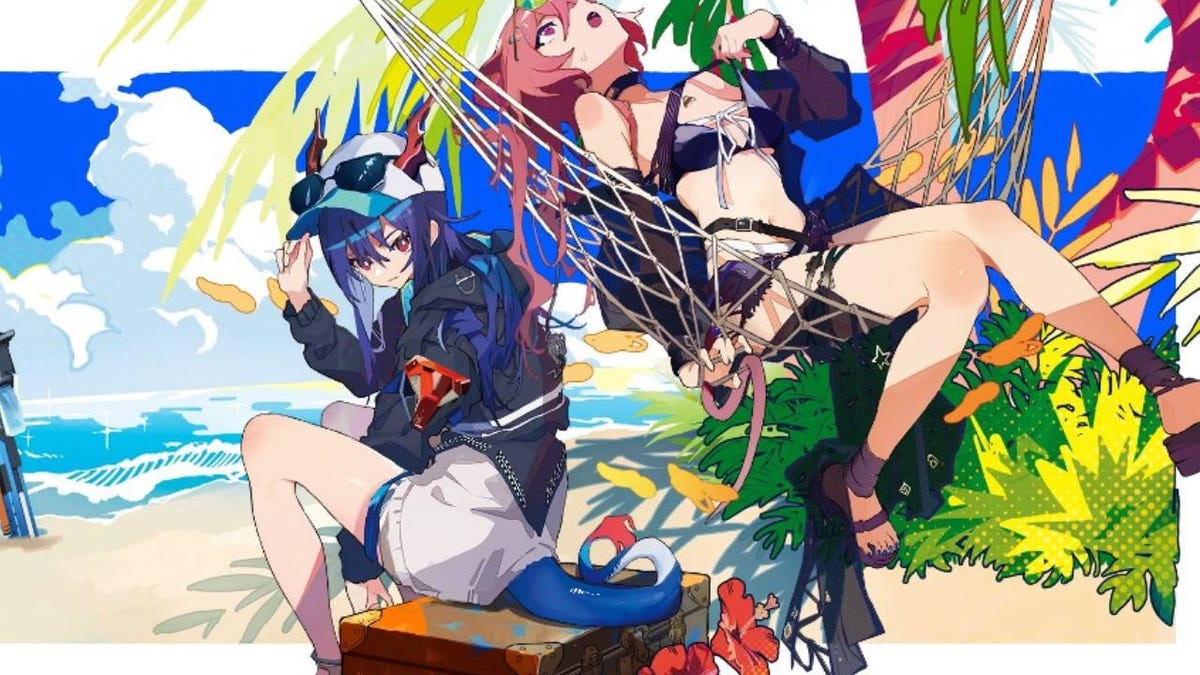
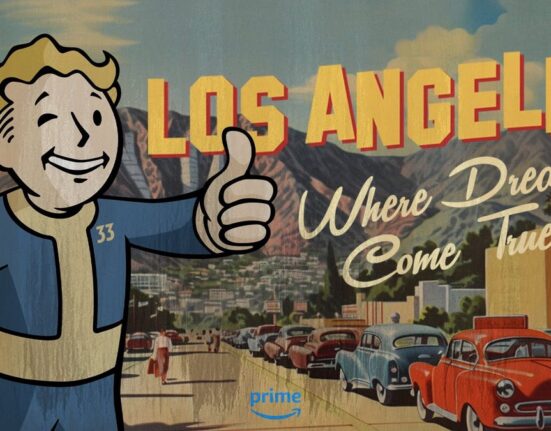
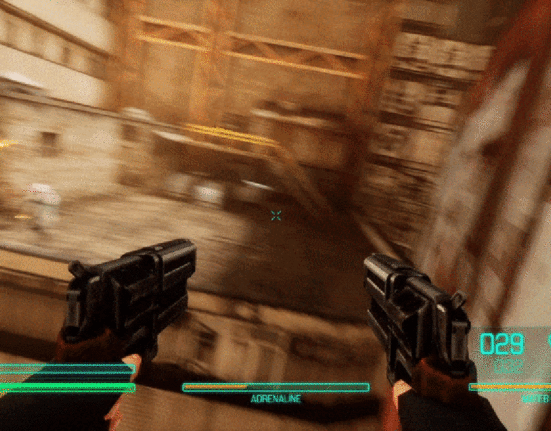
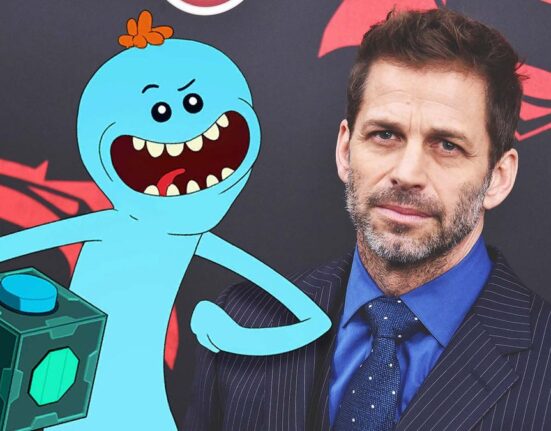
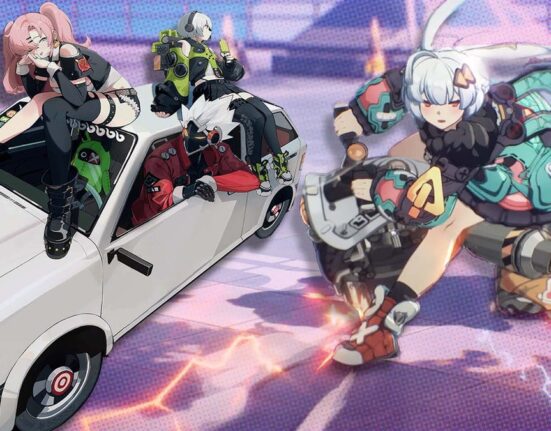
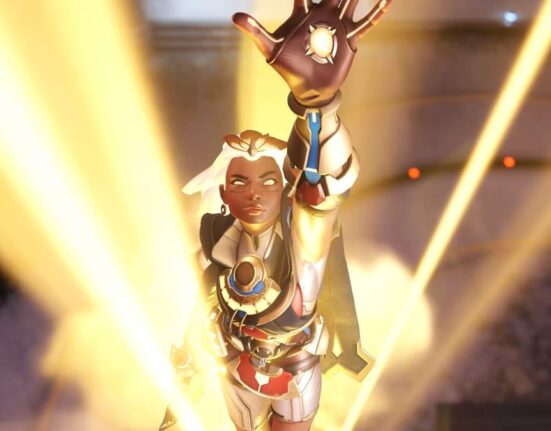
Leave feedback about this